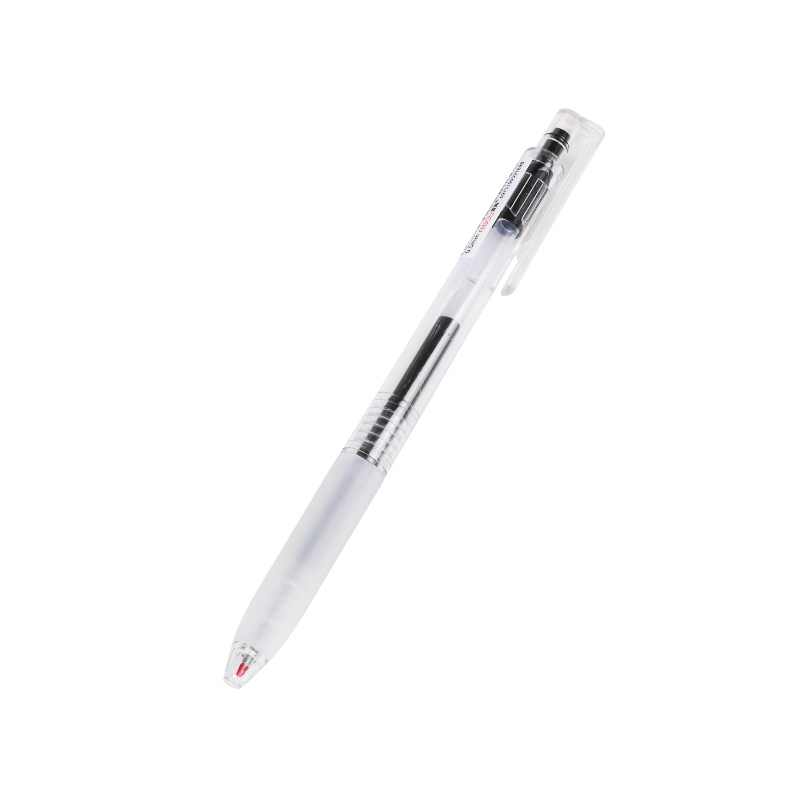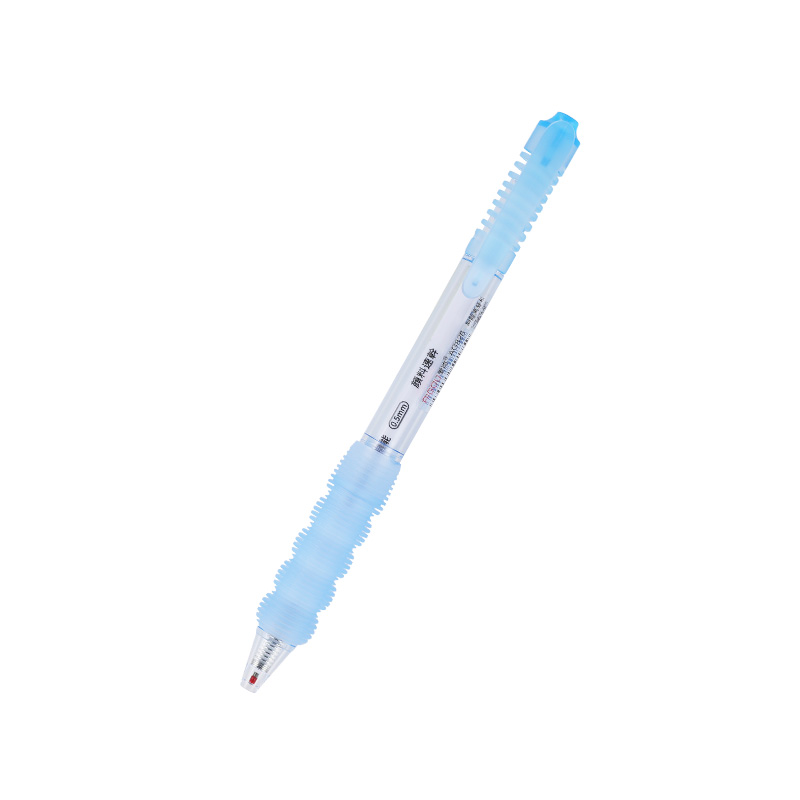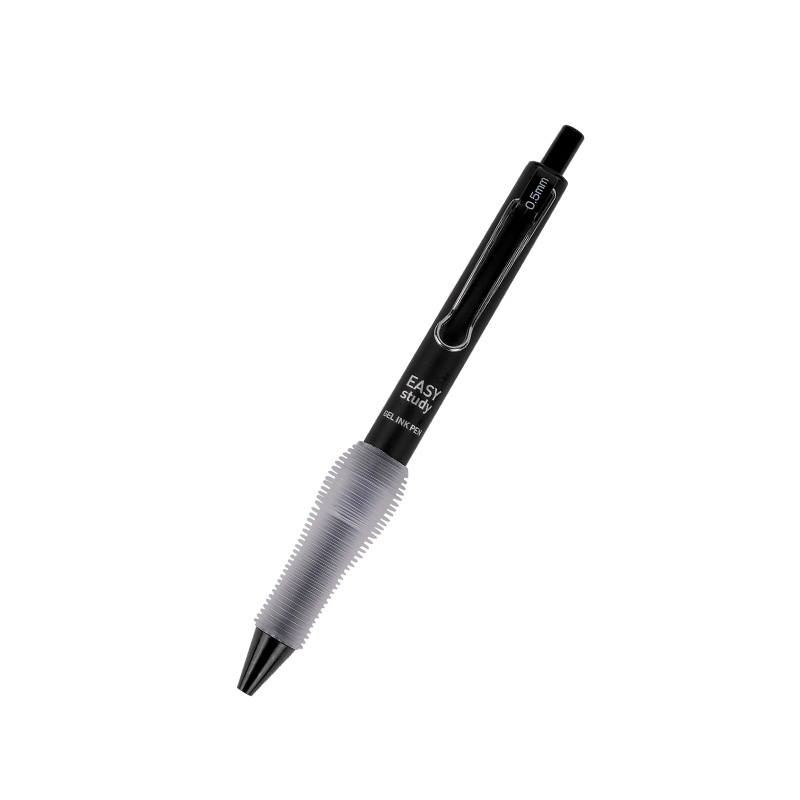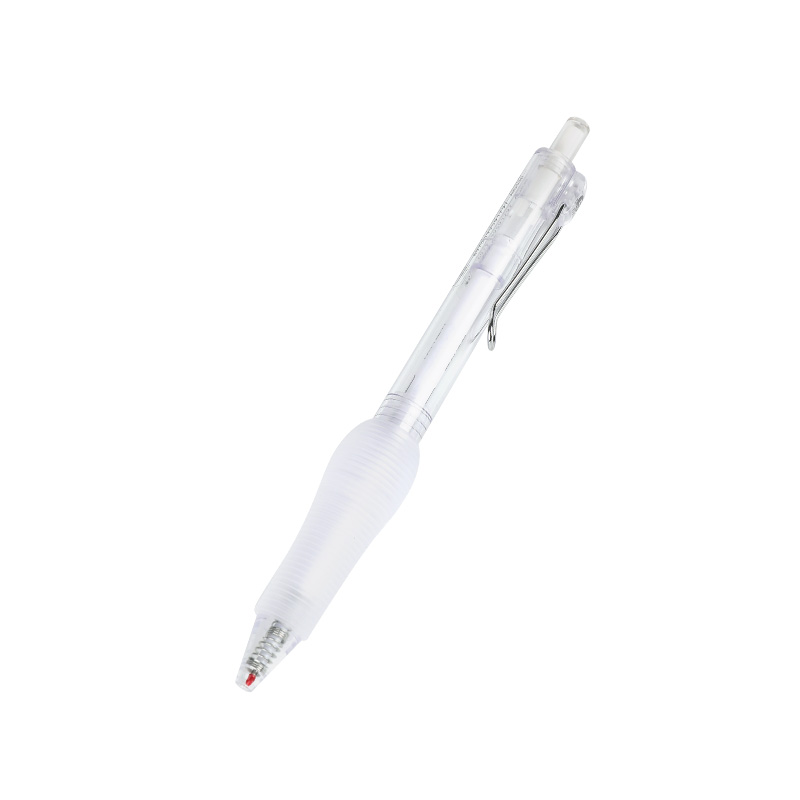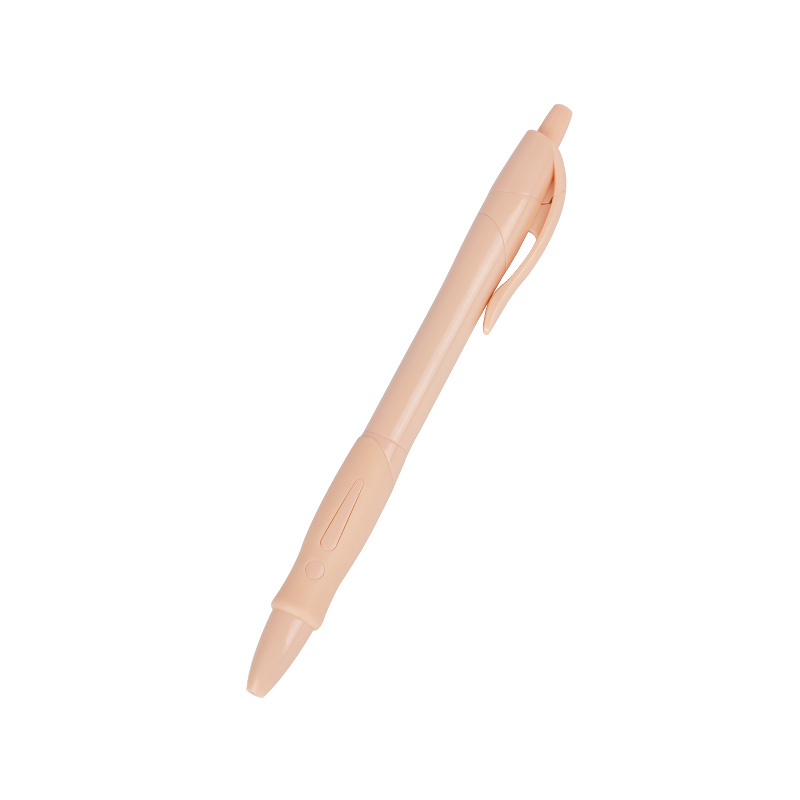How Do Rolling Ball Pens Prevent Ink Leakage?
If you've ever carried a pen in your pocket or tossed one in a bag, you've likely had that moment of dread - will it leak? The fear of ink stains on clothes or important documents is real. This is where the engineering behind a Rolling Ball Pen becomes crucial. But how exactly do these pens, which contain liquid ink, manage to prevent messy leaks? The answer lies in a combination of precise mechanical design, ink formulation, and smart physics.
At the heart of every reliable Rolling Ball Pen is a precisely engineered sealing system. The critical component is the tiny metal ball itself, typically made from tungsten carbide for durability. This ball sits in a finely sized socket at the tip of the pen, creating a seal that's tight enough to prevent ink from flowing out freely, yet loose enough to rotate when writing. The precision of this fit is what makes a Rolling Ball Pen so reliable. A high-quality Rolling Ball Pen Manufacturer spends considerable effort fine-tuning this mechanism, as it's fundamental to the pen's performance.
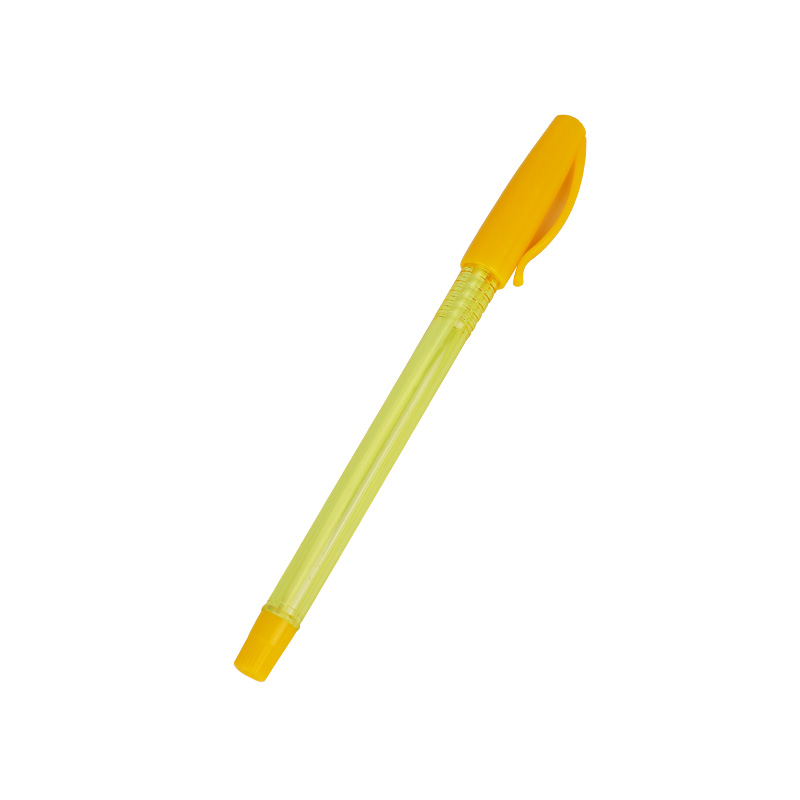
The ink viscosity plays another crucial role. Unlike watery fountain pen ink, the ink in a Rolling Ball Pen is specifically formulated to be thicker and more viscous. This controlled thickness means the ink doesn't flow as easily and is less likely to leak through small gaps. However, it's still fluid enough to transfer onto paper when the ball rotates. This careful balance in ink formulation is a key area of expertise for any serious Rolling Ball Pen Manufacturer.
Many modern designs incorporate additional protective features. Some Rolling Ball Pen models include a spring-loaded tip mechanism that retracts the ball point into a protective housing when not in use. This creates an extra barrier against leakage and prevents the ball from drying out. Other designs feature sealed ink cartridges with protective caps at both ends to maintain internal pressure balance. These innovations demonstrate how a thoughtful Rolling Ball Pen Manufacturer addresses potential leakage points throughout the entire writing instrument.
The principle of capillary action also helps prevent leakage in a Rolling Ball Pen. The narrow space between the ball and its socket creates surface tension that actually holds the ink in place until the motion of writing draws it out. This same principle allows the pen to work in various orientations without leaking. A skilled Rolling Ball Pen Manufacturer understands these physical properties and designs accordingly.

Control during manufacturing makes a significant difference. Reputable Rolling Ball Pen Manufacturer facilities implement rigorous testing procedures to ensure each pen maintains its seal under different temperature and pressure conditions. This includes testing for altitude changes (which affect air pressure) and temperature variations that might cause expansion or contraction of components. When you choose a product from an established Rolling Ball Pen Manufacturer, you're benefiting from this extensive testing and assurance.
The materials used also contribute to leakage prevention. The housing for the ink cartridge is typically made from precision-molded plastics that maintain their shape and seal integrity over time. The ball socket is often made from brass or another durable metal that resists wear and maintains its precise dimensions. These material choices by a knowledgeable Rolling Ball Pen Manufacturer ensure long-term reliability.
The leak prevention in a Rolling Ball Pen is the result of multiple systems working together: the precise mechanical seal between ball and socket, the carefully formulated ink viscosity, additional protective features, and the natural physics of capillary action. When you purchase from a reputable Rolling Ball Pen Manufacturer, you're getting the benefit of all these engineering considerations working together to keep the ink where it belongs - ready to write when you are, but contained when you're not.

